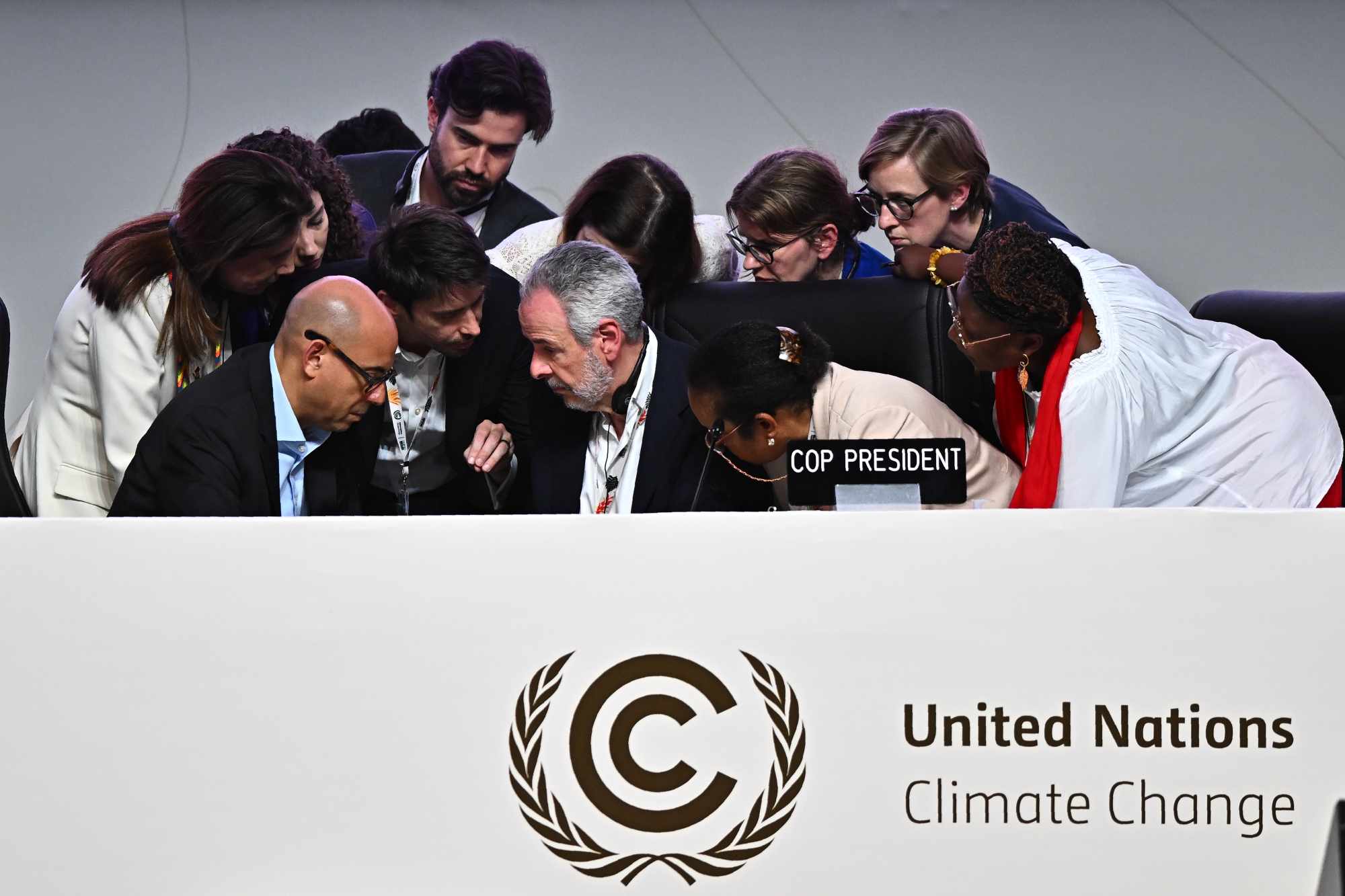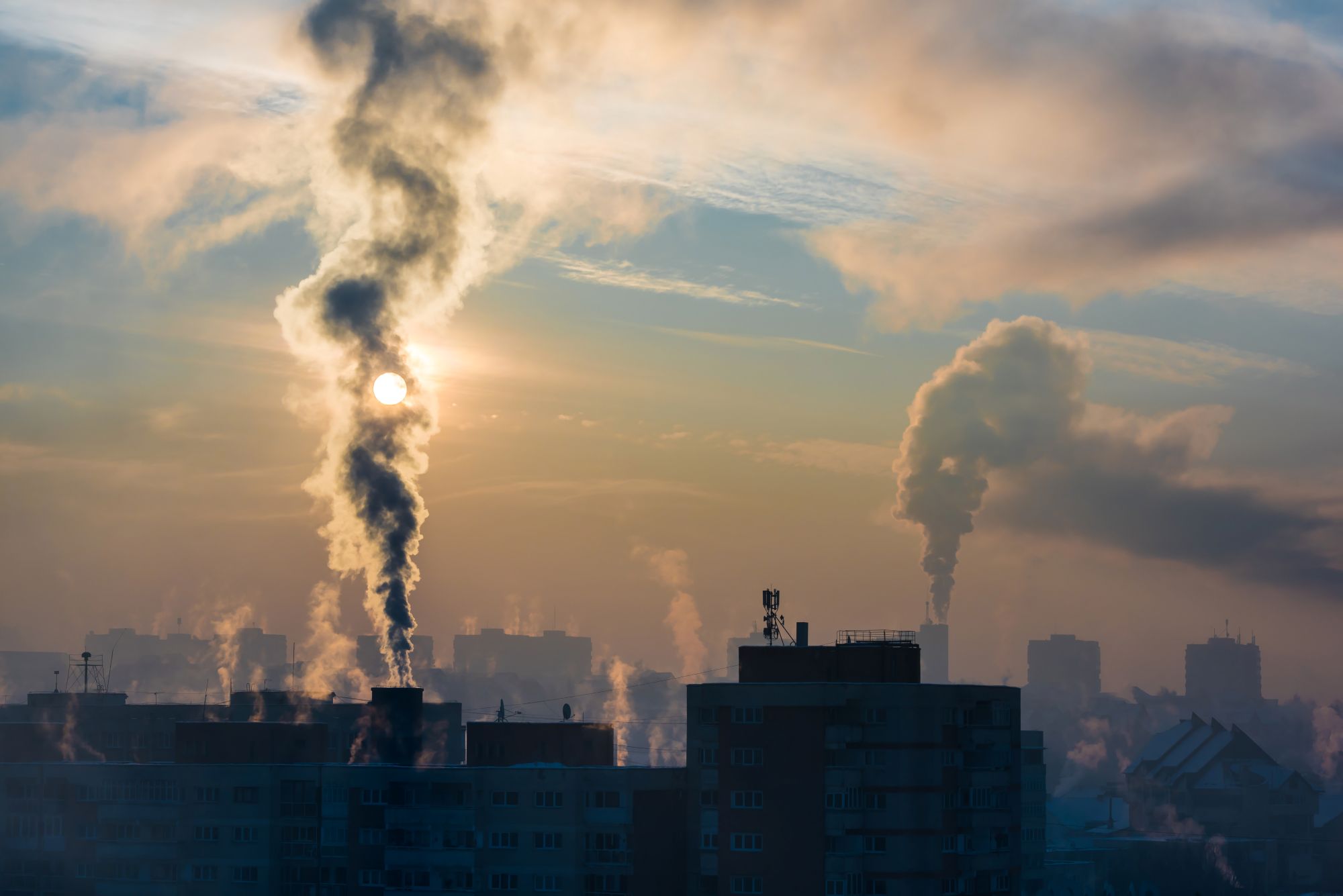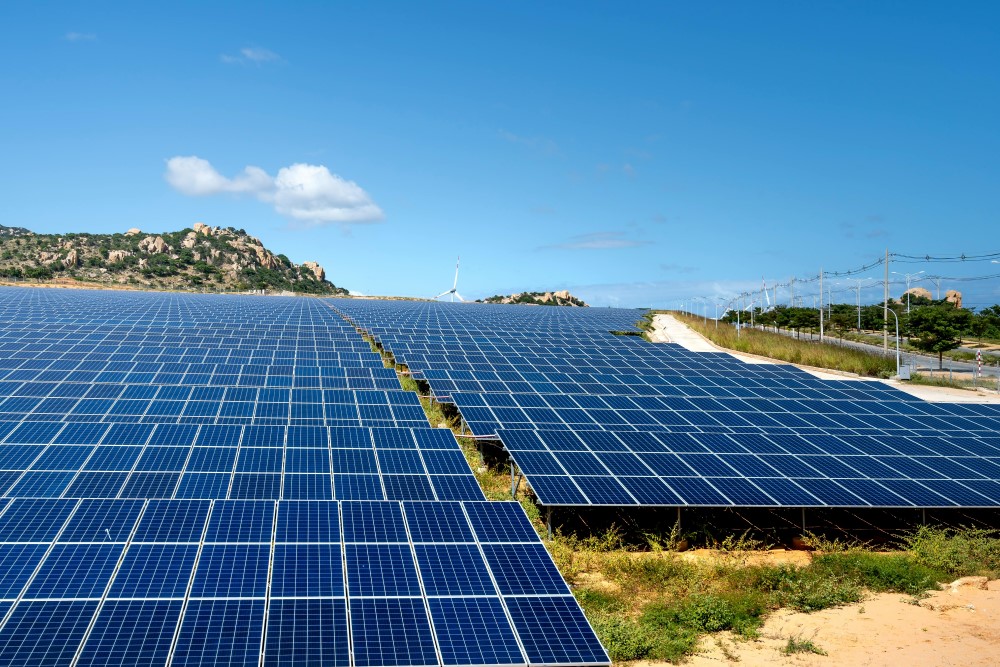The “unstoppable” growth of renewables is the scientific breakthrough of the year for Science magazine
Science magazine has chosen “the seemingly unstoppable growth of renewable energy” as the most notable scientific advance of 2025. The journal highlights that this year was the first in which solar and wind energy surpassed fossil fuel-based energy in certain areas. In this transition, Science highlights the role of China, which now dominates global production of solar panels, wind turbines, and lithium batteries, and has managed to make renewable energy technology cheaper. Among the obstacles, the magazine cites the continued widespread use of coal and political resistance in countries such as the United States.









